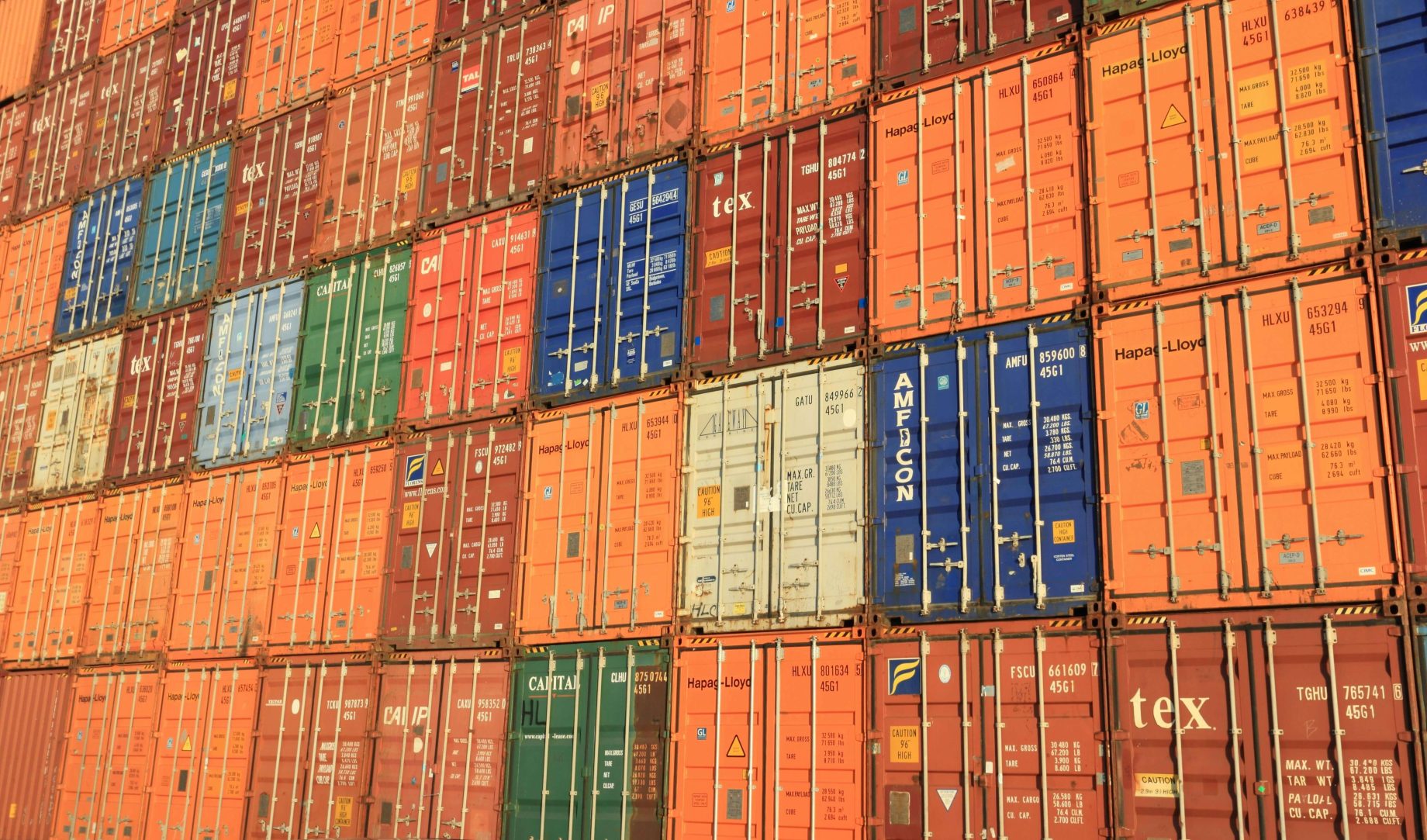New Zealand’s freight sector is pushing for the creation of a national freight council to improve coordination between industry and government. National Road Carriers CEO Justin Tighe-Umbers said the proposed body would align policy with real-world freight operations. “At the moment, what we do here is we just plan in isolation,” he said.
Government Stalls on Freight Strategy Implementation
Australia implemented its National Freight and Supply Chain Strategy in 2019, supported by an action plan and a five-person expert panel. While New Zealand’s equivalent strategy has seen progress stall, particularly around data updates and implementation.
The Ministry of Transport established an industry reference group to help develop the Aotearoa New Zealand Freight and Supply Chain Strategy, but follow-up work—including an updated Freight Demand Study—has not progressed. The most recent data stems from 2017–2018.
“Seven years is a long time between drinks in terms of a study,” said Tighe-Umbers. “The issue that we have is that freight productivity is not being measured by the government or government agencies, and targets are not being set for improving it.”
Australia Builds Data Infrastructure to Guide Investment
Australia’s model includes a National Freight Data Hub, which aggregates metrics like freight volumes, transit times, and cost per tonne per kilometre—data critical for making informed infrastructure investments.
“If you’re not measuring it, you’re not improving it,” said Tighe-Umbers. “That’s just where we are in NZ at the moment. We’re a country where a huge amount of income relies on physical goods exports, so we’re missing a big opportunity here to do the same.”
Sector Uses Telematics to Improve Freight Visibility
Around 60% of New Zealand’s heavy vehicle fleet is now fitted with telematics technology. Tighe-Umbers sees this as a key opportunity to collect aggregated, real-time data on freight movement and roading conditions. However, competitive pressures within the industry make operators wary of sharing data without strict safeguards.
Australia’s solution has been the creation of a neutral data-sharing platform through Transport Certification Australia (TCA). “They’ve started giving road freight operators benefits such as increases in permitted loads, in return for shared telemetry data,” he said, describing it as a “win-win” that benefits both regulators and industry.
Last year, NRC trialled a similar approach locally, feeding voluntary telemetry data into a TCA-managed system alongside GIS data from NZTA and local councils. “It demonstrated the concept can readily be developed here in New Zealand,” said Tighe-Umbers.
Freight Sector Flags Delays in Zero-Emission Truck Approvals
Tighe-Umbers also expressed concern over New Zealand’s slow regulatory response to zero-emission heavy vehicles. While the Freight Strategy recommends reviewing rules to support cleaner fleets, progress remains slow. NZTA granted an exemption allowing Class 1 drivers to operate certain electric trucks over 6,000 kilograms this year.
“We’ve got to get a whole lot faster and smarter in this space in terms of getting approvals,” he said.
Industry Calls for Public Recognition of Freight’s Role
Tighe-Umbers believes the public often underestimates the economic importance of freight transport, particularly in urban areas. “I think there needs to be better recognition that, actually, that’s our supply chain. It’s the lifeblood of the whole economy.”
Industry leaders are urging the government to act decisively, with the private sector ready to contribute data and insights. “We’re missing a big opportunity here,” Tighe-Umbers said.












